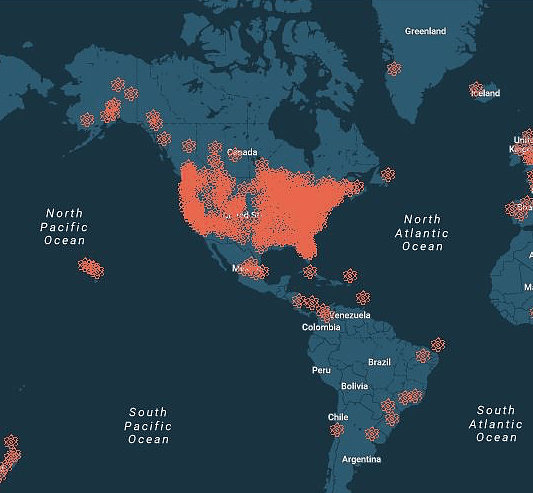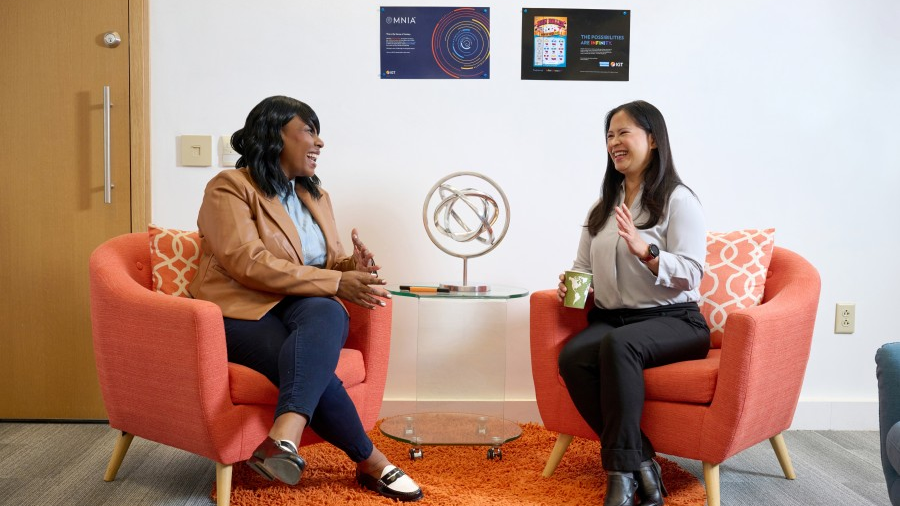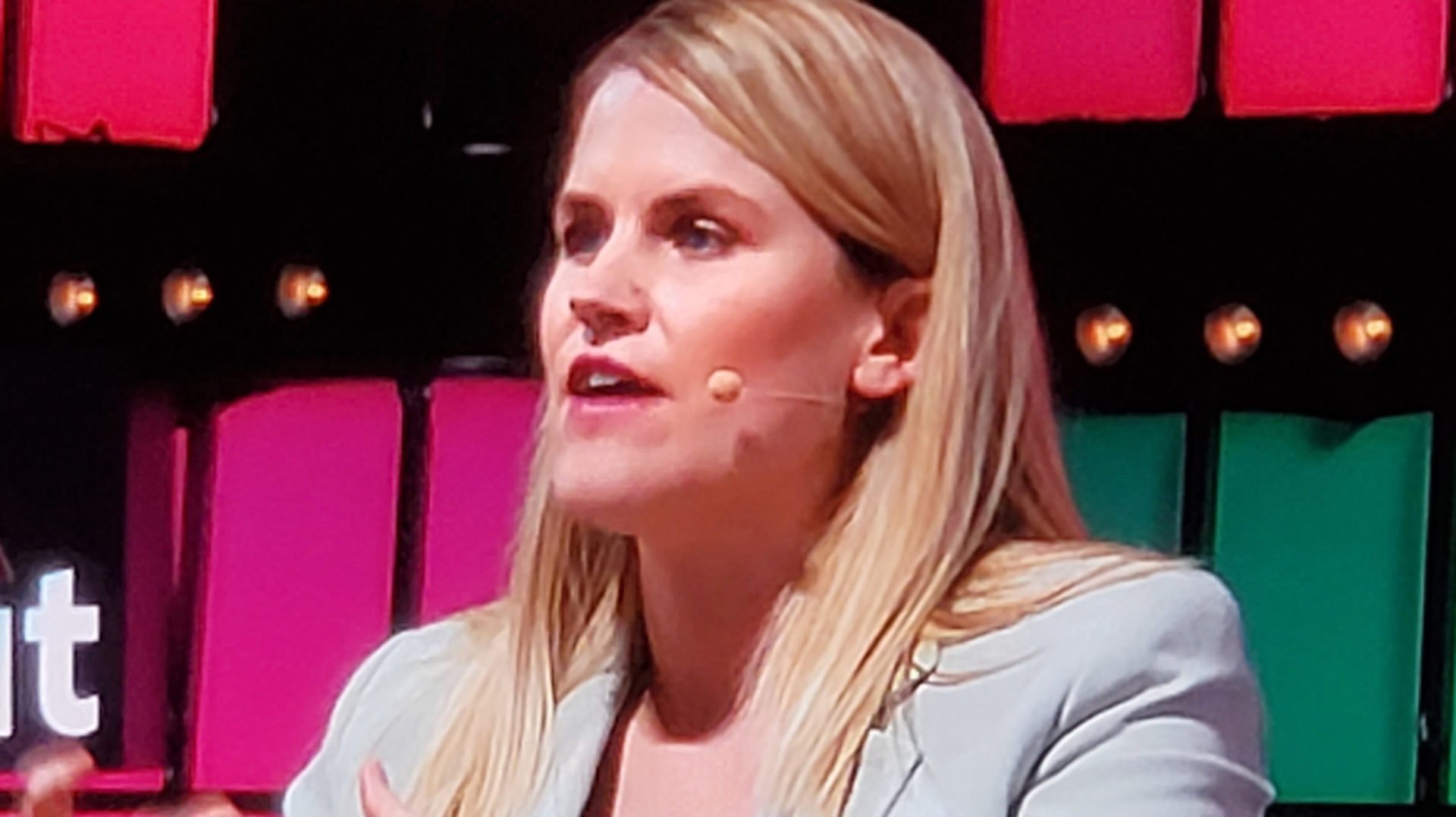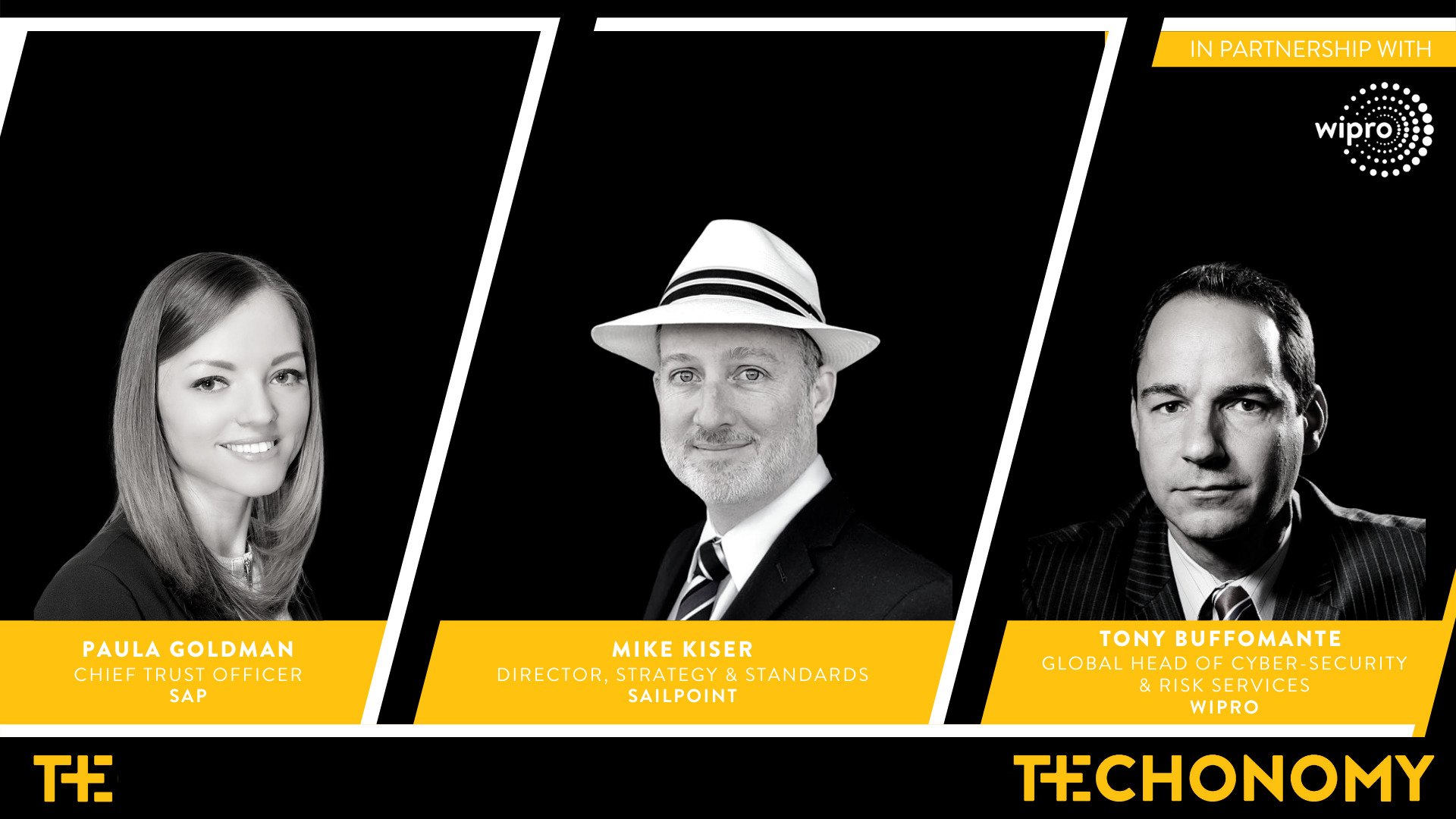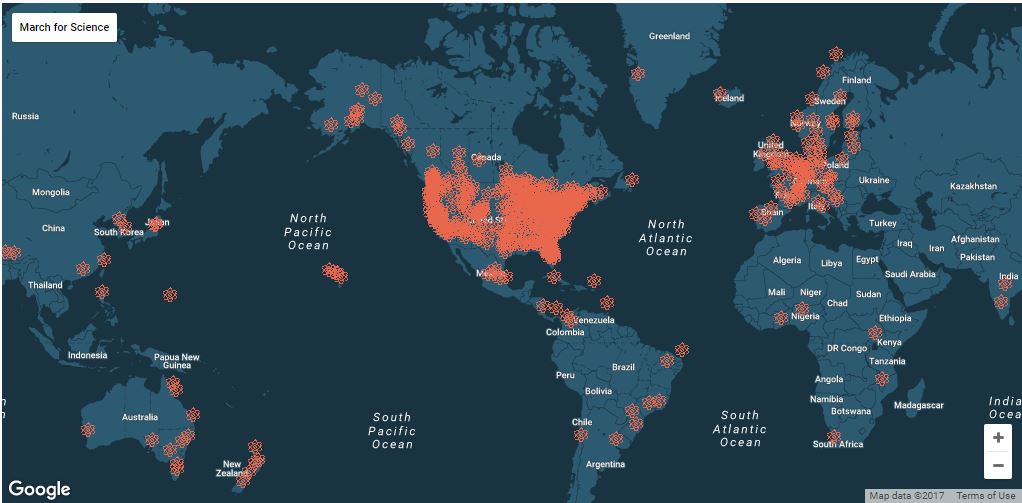
This weekend, people around the world will join the first-ever March for Science. It’s a remarkable idea: demonstrators in more than 500 cities around the world will stand up to support science. I’ve been in the life science field for nearly 20 years and have never seen anything like this. Of course I’ve also never had such an urgent sense that it is necessary.
The great thing about science is that no political party owns it. Whether you consider yourself a Republican, Democrat, independent, or anything else, you don’t have to see eye to eye with anyone else in order to share a respect for science. The march is decidedly nonpartisan, with a focus on advocating for pro-science policies. It’s timed to coincide with Earth Day on April 22nd, but is also conveniently close to DNA Day on April 25th.
I’ll be joining the March for Science because in recent years it seems that the very foundation of science is under attack on both the right and the left. From anti-vaxxers and anti-GMO activists to climate change deniers to dwindling budget support for basic research, more and more members of the general public and government officials alike have adopted an anti-science stance. It’s the most effective way I can imagine to cripple our health, our food, and the future of our planet.
So I’m marching to promote better science education, because an informed public will be more equipped to process scientific results and make smart decisions about them. With the vast majority of American adults believing that the food we eat contains no DNA—that’s from an appalling study conducted by Oklahoma State University several years ago—it’s safe to say that our science education system is a national disgrace. We need to start young, getting students interested in this subject and aware of how the scientific process (hypothesis, experiment, interpret) works. This will only happen if our legislators and school leaders believe in the importance of science.
We also need to shore up funding for basic research. The purchasing power of federal agencies charged with supporting science—the National Institutes of Health, the National Science Foundation and a handful of others—has been shrinking for years as inflation outpaced meager budget increases. The proposed budget being considered by Congress right now aims to slash NIH funding by 20%, a brutal cut that would hobble the U.S.’s ability to remain a leader in scientific research. Unfortunately, it’s easy for politicians to win points by scoffing at money spent on research into fruit flies or plants, but these humble projects are the source of future disease cures, solutions to medical problems like infertility, and much more. As a society, we must recognize that investing in science is one of the surest bets we can make on our future.
Finally, in an era of alternative facts, I’m marching to protect the rational. While there have long been small groups with outlandish ideas about how the world works, this anti-science sentiment is steadily creeping into the mainstream. It may be entertaining to listen to evolution-denier Uncle Milt spout off about the days when humans kept dinosaurs as pets, but refusing to accept meticulously-proven science comes with risks. After all, if you don’t believe in evolution, you can’t believe in antibiotic resistance, since how else are bacteria adapting to the drugs with which we fight them? But just the epidemic of antibiotic resistance alone threatens to set medical progress back by decades. If policies are shaped by people who refuse to acknowledge evolution, then we don’t have a prayer of getting ahead of this public health crisis.
We see similar dangers in other areas too. Kids are getting sick in schools from diseases eradicated long ago because of the scientifically groundless anti-vax movement. Our food supply and our ecosystem are under assault because of climate changes that too many people still deny. We’ll never fully understand what’s happening or find ways to ameliorate the effects if we don’t invest in research, and we can’t do that if we refuse to accept the science about what’s happening.
I’m not asking for blind faith in science—in fact, scientists themselves would be the first to tell you we always need to challenge the data and interpretations we encounter. Instead, I’m hoping for a world where people keep an open mind and have confidence in results that have stood up to rigors of scientific skepticism. From the medications you take to the synthetic fibers in your wrinkle-free clothes, science is already supporting you. Let’s return the favor.
Why I’m Marching for Science on Saturday
This weekend, people in over 500 cities around the world will join the first March for Science. I’ve been in life science for nearly 20 years and have never seen anything like this. Of course I’ve also never had such an urgent sense that it is necessary. From the medications you take to the synthetic fibers in your wrinkle-free clothes, science is already supporting you. Let’s return the favor.
